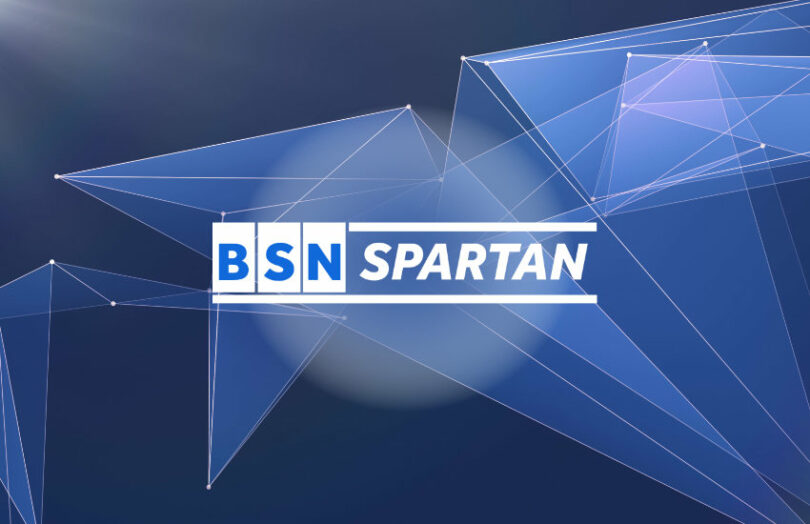Last year saw the launch of the Singapore-based BSN Spartan Network, a network of multiple public blockchains that don’t use cryptocurrencies. Today it launched the BSN Spartan Foundation in a move to decentralize the network’s governance away from its founder, Hong Kong’s Red Date Technology. The other foundation members are DLA Piper-backed tokenization firm TOKO, German consultants GFT, web3 hosting firm Blockdaemon and web3 infrastructure firm Zeeve. BSN Spartan plans to have between 25 and 40 foundation members.
The BSN Spartan goals are similar to the typical web3 vision, as a decentralized version of the internet. However, it has a greater focus on business usage of the network and sidesteps the speculative crypto aspect. For example, HSBC was amongst the Spartan beta testers.
There are similarities with the governance of other public blockchains such as Hedera and Korea’s Klaytn, which both started with enterprises governing the network and controlling the validator nodes. However, that’s no longer the case with Klaytn and Hedera is also evolving. Unlike Spartan, both Hedera and Klaytn have cryptocurrencies. DLA Piper was amongst the first governing council members of Hedera.
Meanwhile, Red Date is also the founder of the China-based BSN Network that provides low cost web3 hosting to SMEs. Co-founders were state owned UnionPay, the State Information Center (SIC) and China Mobile. For the Chinese network, cryptocurrency is a non starter because of the government’s stance.
BSN Spartan – non crypto public blockchains
Talking to Ledger Insights regarding the BSN Spartan Network, Red Date’s Tim Bailey outlined why it rejects crypto on public networks. “Cryptocurrencies are problematic for a lot of traditional businesses because of the regulatory uncertainty and because of the volatility.” He gave the example of a business budgeting process which becomes problematic because ETH or other cryptocurrency prices can change significantly.
He added, “If you’re minting an NFT on our network, it costs two cents (US). If you’re minting an NFT on our network in 18 months’ time, it costs two cents.” Instead, users pay gas fees using a Non Tradeable Token based on USD (via Stripe) or the USDC stablecoin.
The blockchain technologies supported are Ethereum, Polygon Edge and Cosmos.
“We believe in BSN’s commitment, as a decentralized governance organization, in bringing blockchain technologies to the broader IT industry beyond cryptocurrencies,” said Scott Thiel, Managing Director of DLA Piper-backed TOKO. “As a full market licenced Virtual Asset Broker Dealer and Exchange services VASP granted by Dubai’s Virtual Asset Regulatory Authority (VARA), we look forward to contributing to the foundation with our wealth of expertise in the governance and regulatory space.”
Separately, Red Date is also pioneering the UDPN network for interbank payments.
In related news, two U.S. Representatives recently released a bipartisan Bill calling for a ban on U.S. government involvement with Chinese-related blockchains. It listed five networks and organizations, including Red Date, BSN and the BSN Spartan network. In response, the Spartan network pointed to this decentralized governance. The Tether stablecoin was also on the list despite not having Chinese connections. However, the Bill talked about methods of sidestepping sanctions enforcement and an impact assessment on the status of the dollar as a reserve currency.







